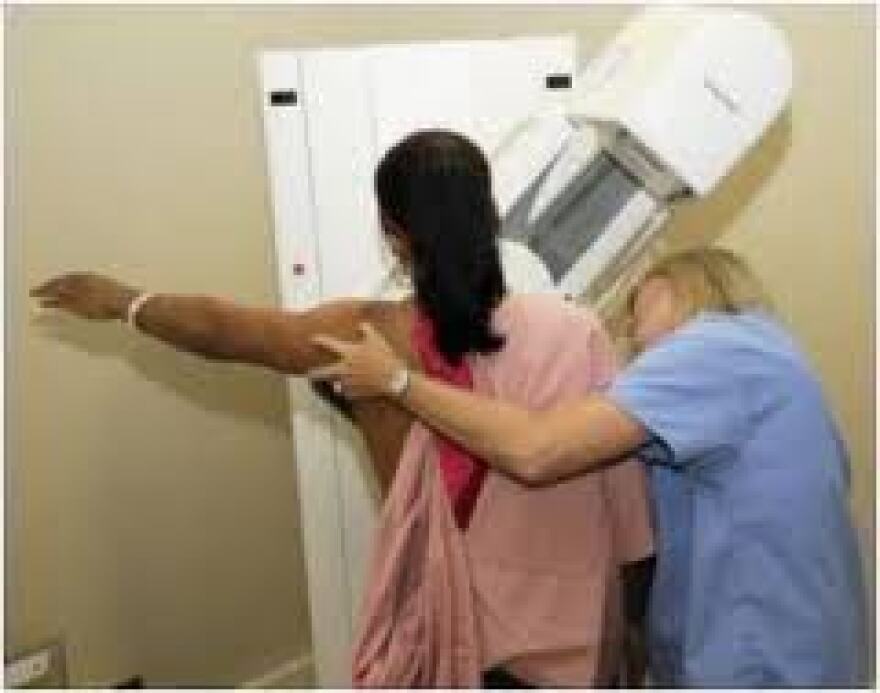The statistics are scary: some 40,000 women are dying from breast cancer each year.
But some breast cancer survivors are getting double mastectomies they don't need, in the wrong belief it helps keep cancer from coming back.
That's according to a new University of Michigan study. For some survivors, the study says, the fear of cancer returning is so strong, they're getting risky surgeries for some false peace of mind.
If you've survived breast cancer, it can make medical sense to get that cancer-ridden breast removed.
So while you're at it, why not get both breasts removed? More prevention, right? Actually, probably not.
"Most of the women who got the procedure, it probably was unnecessary to get the second breast removed," says Sarah Hawley, an Associate Professor at the U of M's medical school and one of the authors of the study.
She found that the vast majority, a full 70% of women who get double mastectomies instead of just one, don't need that extra procedure. There is no added prevention.
And this not news. Doctors and patients know that you should only remove both breasts if you've got a genetic indicator or a strong family history of breast cancer.
So why are so many women getting a risky, painful procedure they don't need?
Sarah Hawley says it's about one simple reason: fear. "She's worried, she wants peace of mind. She's willing to do it even though she understands, or thinks she understands that it's not going to help. But somewhere deep down still thinks, it's got to help in some way, or at least I won't have to worry about it or wonder if I shouldn't have done that."
But here's why that's bad: double mastectomies mean double the risk of side effects, infections, and longer recovery time.
And some of these women are going back into chemo after these surgeries, with their bodies now even weaker from the double surgeries.
Hawley says none of this surprising: they did this study in part because they suspected this was going on.
In fact, she says even if she took these results to a survivor as further evidence that the surgeries aren't necessary, it might not change her mind.
"I'm not sure that they would. But I think we need to try, and at least really get feedback about when they have a misperception about what a particular treatment may do. And then if they go forward and make that decision, I think at some point that's a personal choice and we may not be able to change that."
Hawley and her team are presenting this study nationally. And they're putting together a web site to help survivors understand why they may not need this surgery. That site could be live by next year.





